
AeroGenie — 您的智能副驾驶。
热门趋势
Categories
New Course on Airplane Engine Operations Launched
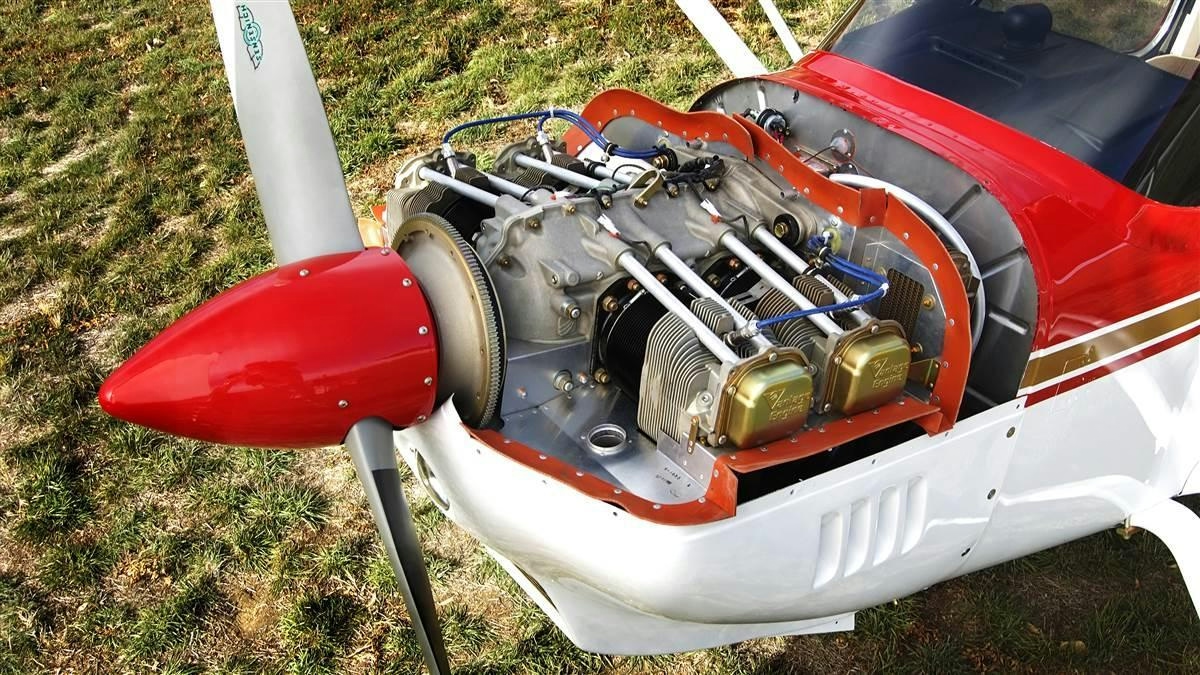
New Course on Airplane Engine Operations Launched Amid Competitive Training Landscape
PilotWorkshops has introduced a new video course titled “Airplane Engine Operations,” designed to assist pilots in optimizing engine performance, efficiency, and longevity. The company emphasizes that effectively managing the trade-offs between speed, performance, and engine life demands specialized knowledge and techniques that are often missing from conventional flight training programs. According to officials, while pilots can maximize one aspect of engine operation, it typically requires compromising others, underscoring the need for targeted instruction that this course aims to provide.
Course Content and Instruction
The course is led by instructor Ryan Koch, who guides learners through step-by-step demonstrations of established techniques applicable to most Lycoming and Continental engines. Each lesson is supplemented with detailed charts and graphs to elucidate critical concepts, focusing on how to maximize engine performance throughout all phases of flight without causing damage. This structured approach seeks to fill a notable gap in pilot education by offering practical, engine-specific operational insights.
Market Context and Industry Challenges
The launch of this course occurs within a highly competitive aviation training sector, dominated by major industry players such as Boeing and Airbus. New entrants like PilotWorkshops face considerable challenges, including securing market access and differentiating their offerings in a crowded field. Market responses to innovative educational products can vary; some investors recognize the potential for enhanced pilot proficiency and innovation, while others remain cautious about the immediate impact on established leaders.
Competitors may respond by closely monitoring the course’s reception or developing their own training programs to protect market share. Furthermore, rapid advancements in aviation technology—exemplified by Rolls-Royce’s recent testing of a pure methanol engine—could alter market dynamics and necessitate continuous updates to training materials to maintain relevance.
PilotWorkshops is currently offering an introductory discount of $30 off the regular $129 price. Additional information is available on their website, PilotWorkshop.com.
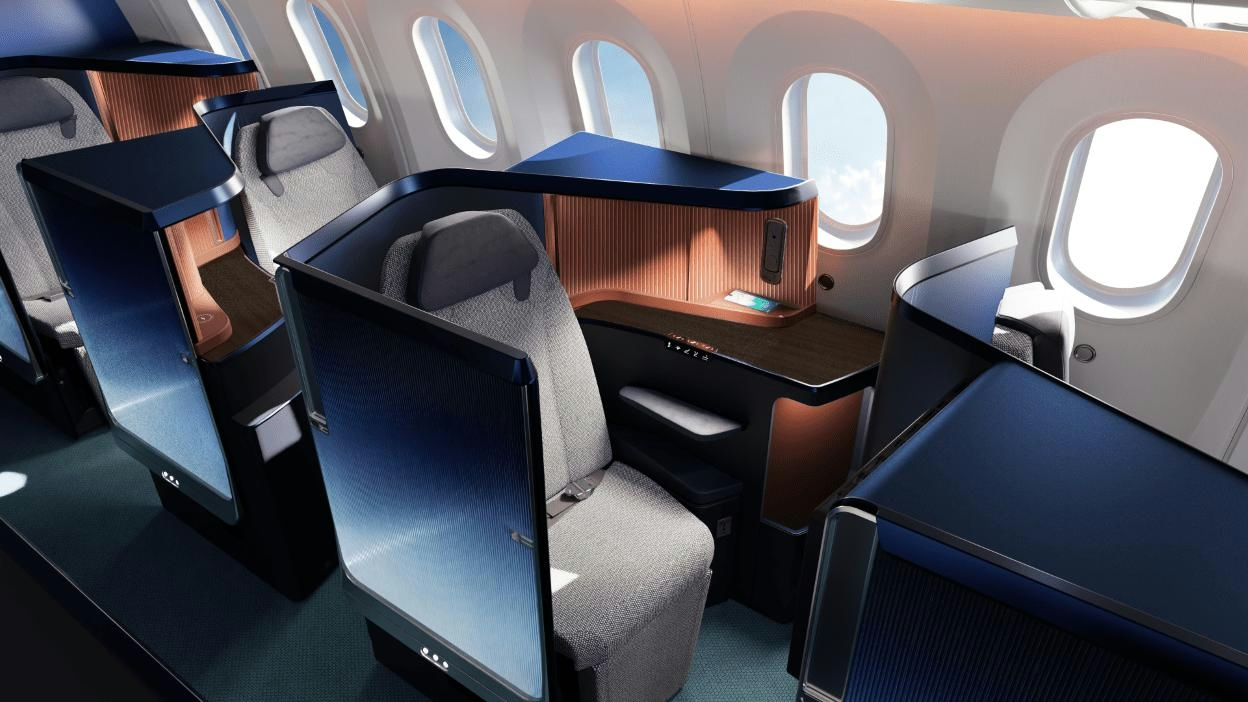
Long-Haul Airlines Transform Business Class on Narrowbody Aircraft
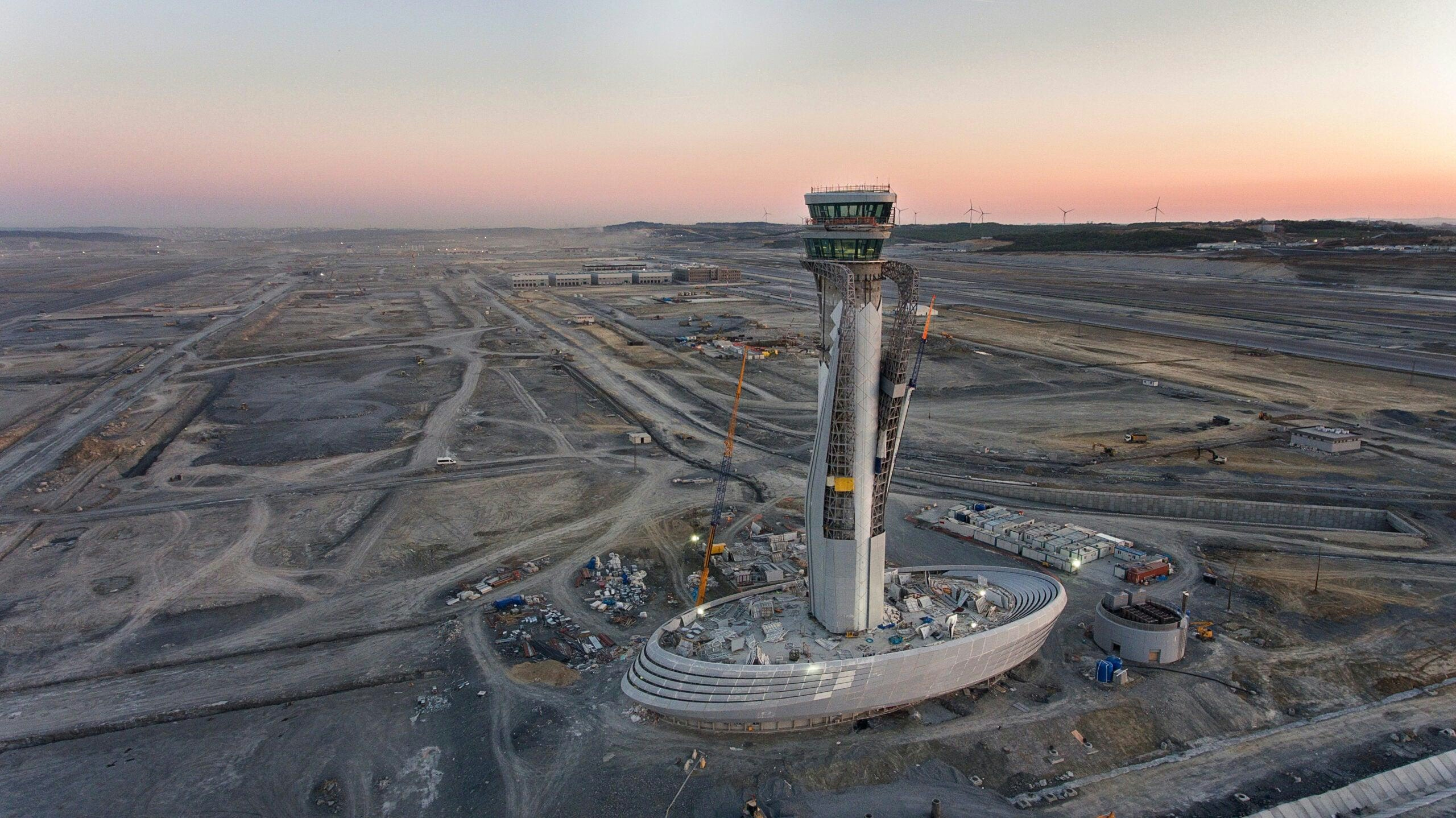
Turkish Airlines invests $2.3bn to expand Istanbul Airport hub

Aviate Software Releases GA Kneeboard

Starlink Expands High-Speed Wi-Fi Service to Private Jets
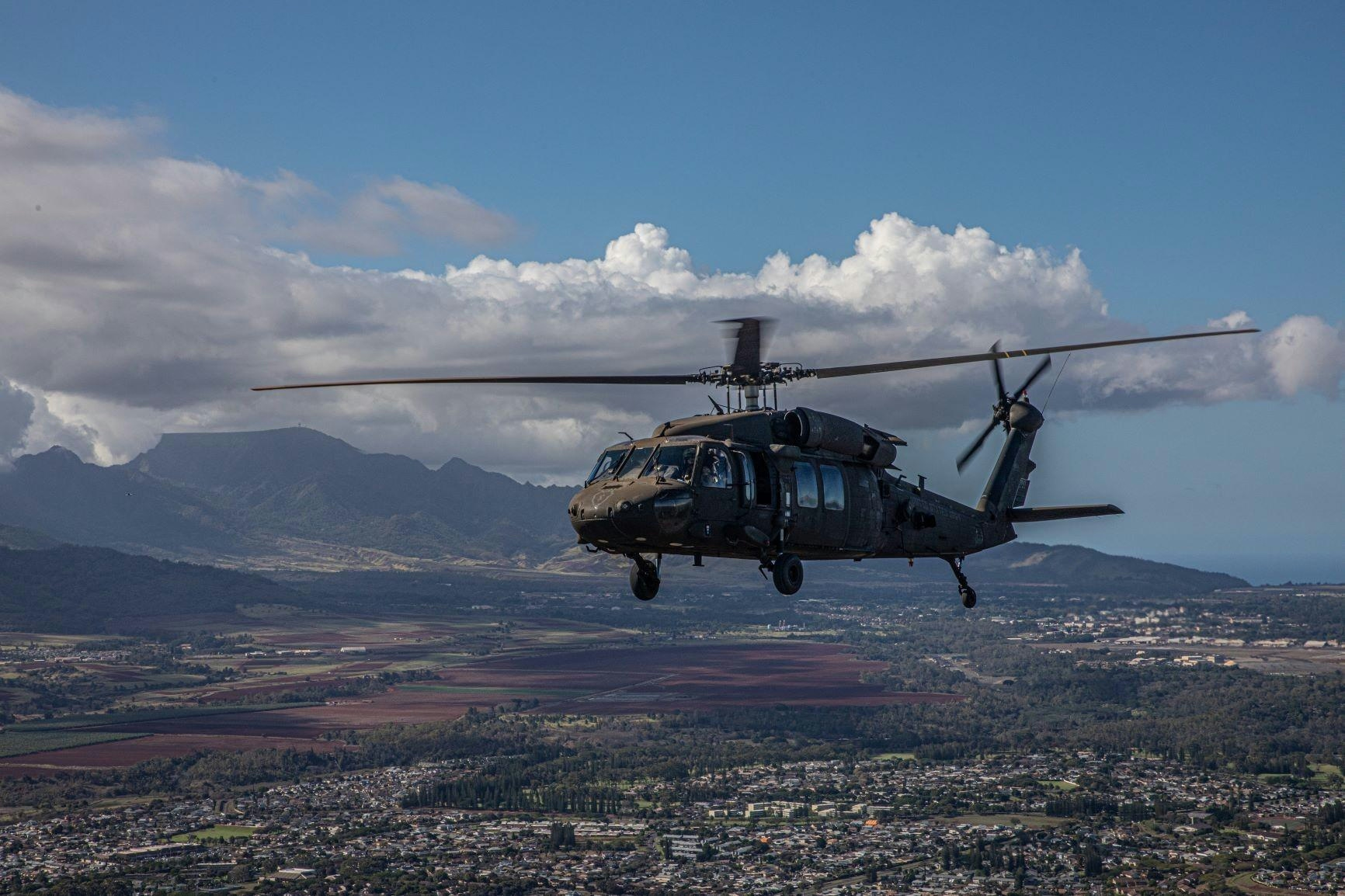
M1 Support Services Secures $601 Million MRO Contract with U.S. Army
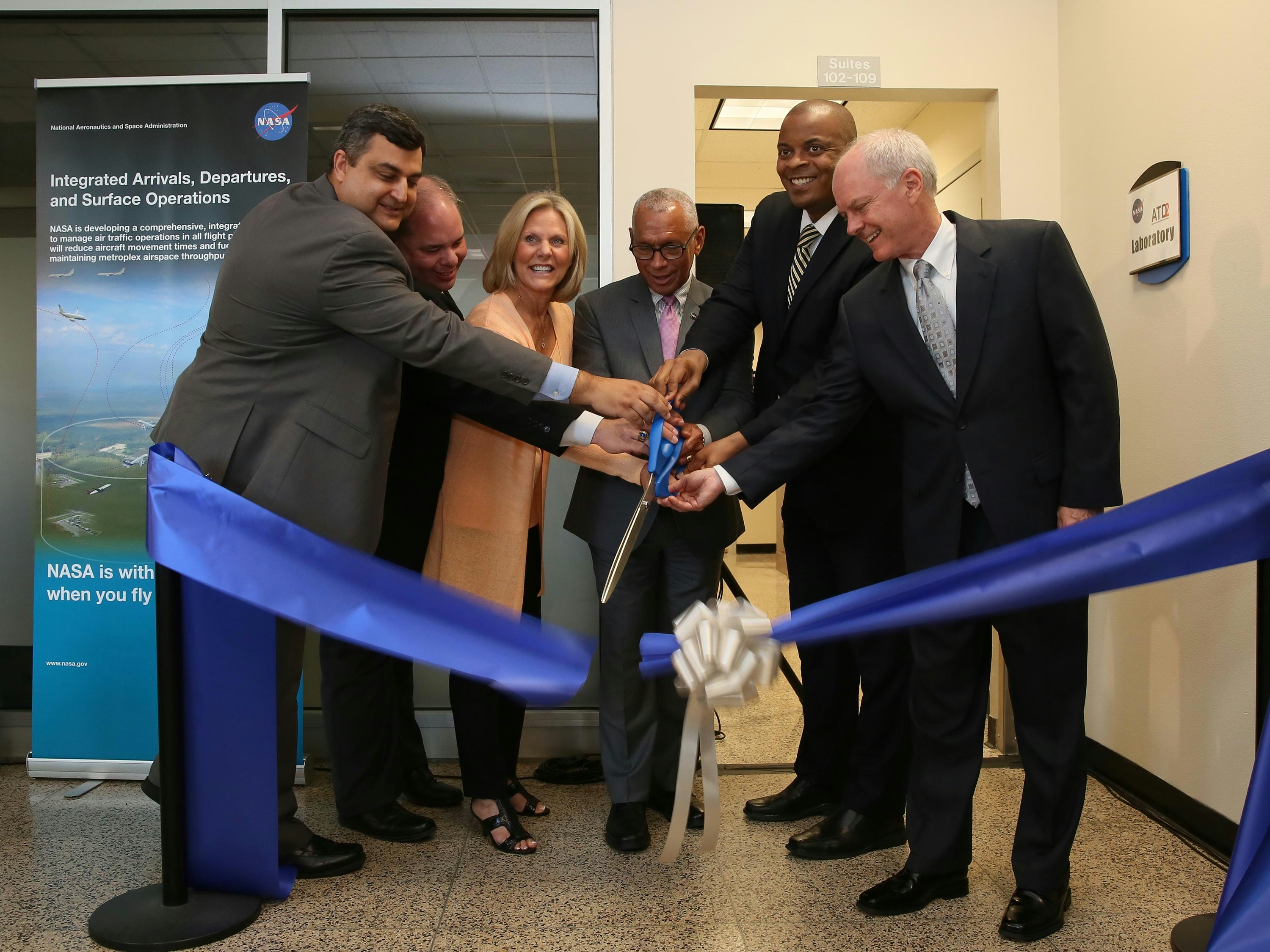
Butler Tech to Open Aviation Center on January 20; Ribbon-Cutting Scheduled for March
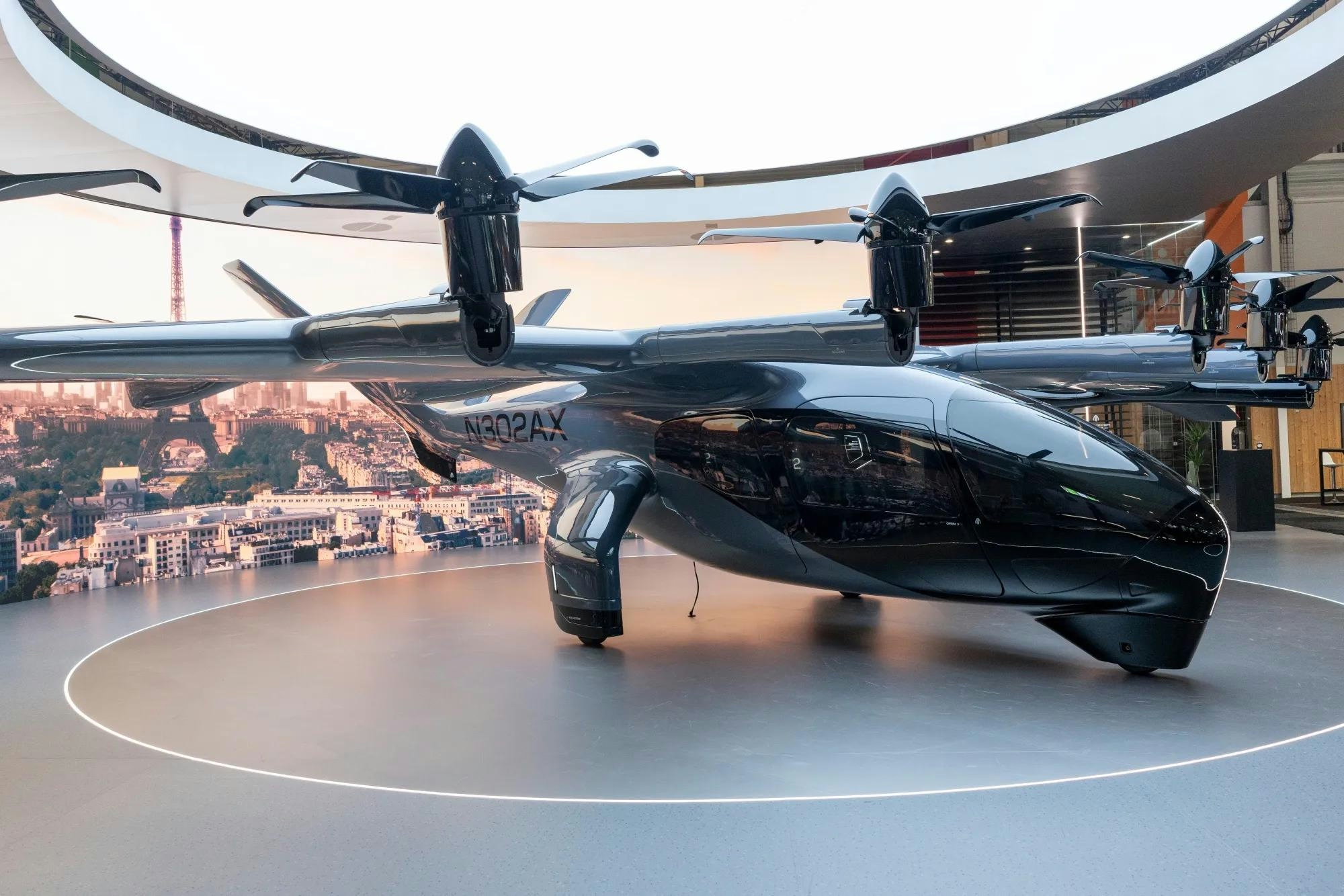
Archer Partners with NVIDIA to Develop Next-Generation Aviation AI

Teneo.ai Launches Agentic AI for Airlines, Automating Luggage Updates and Loyalty Support with Enterprise-Grade Control
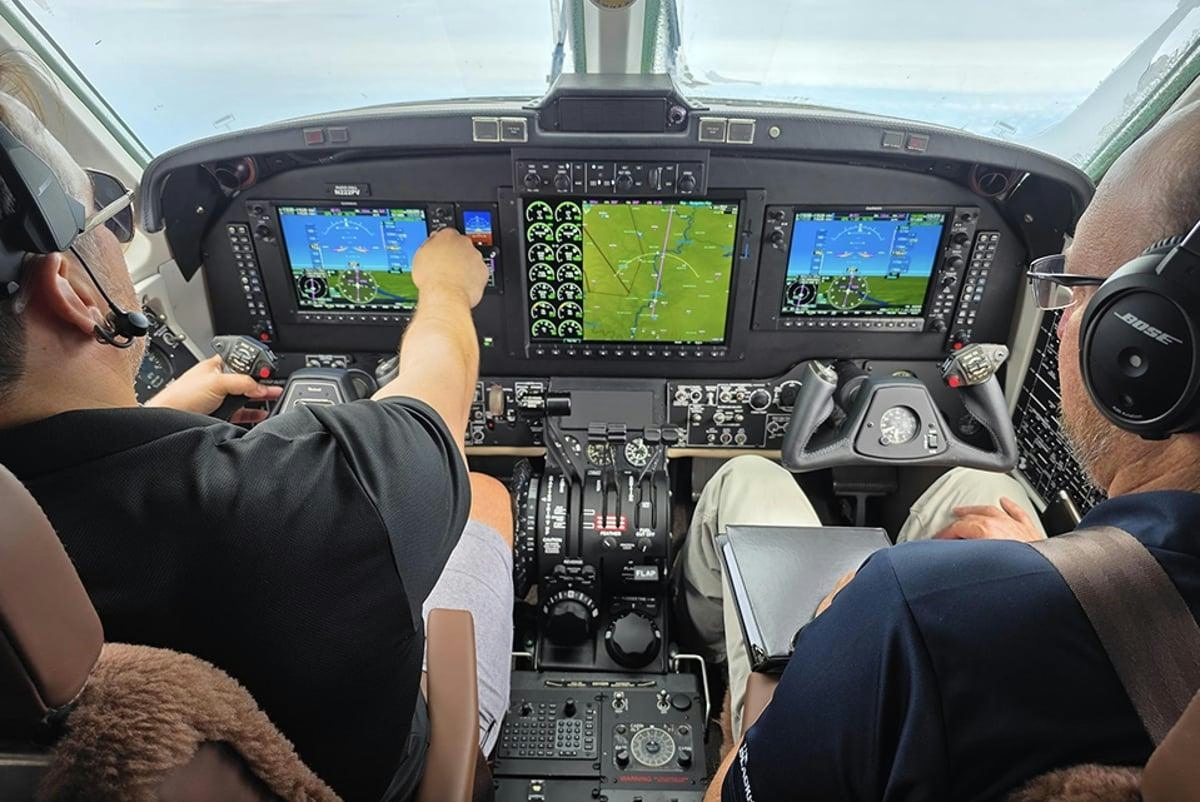
Blackhawk Group Acquires Silver Sky Aviation
